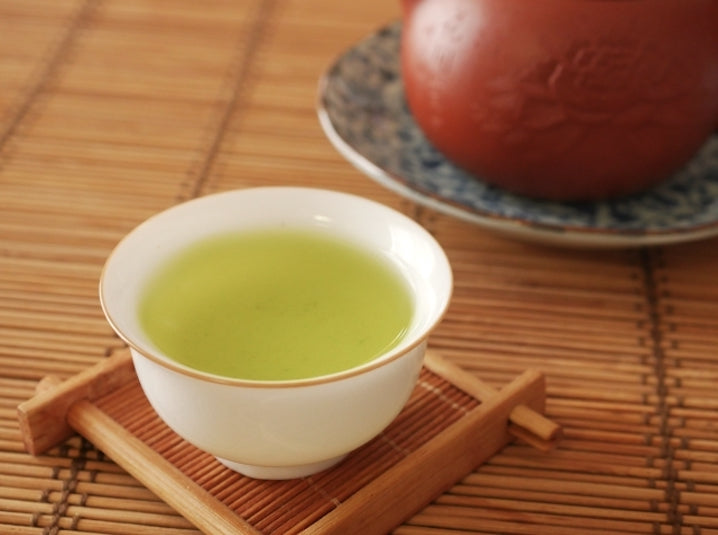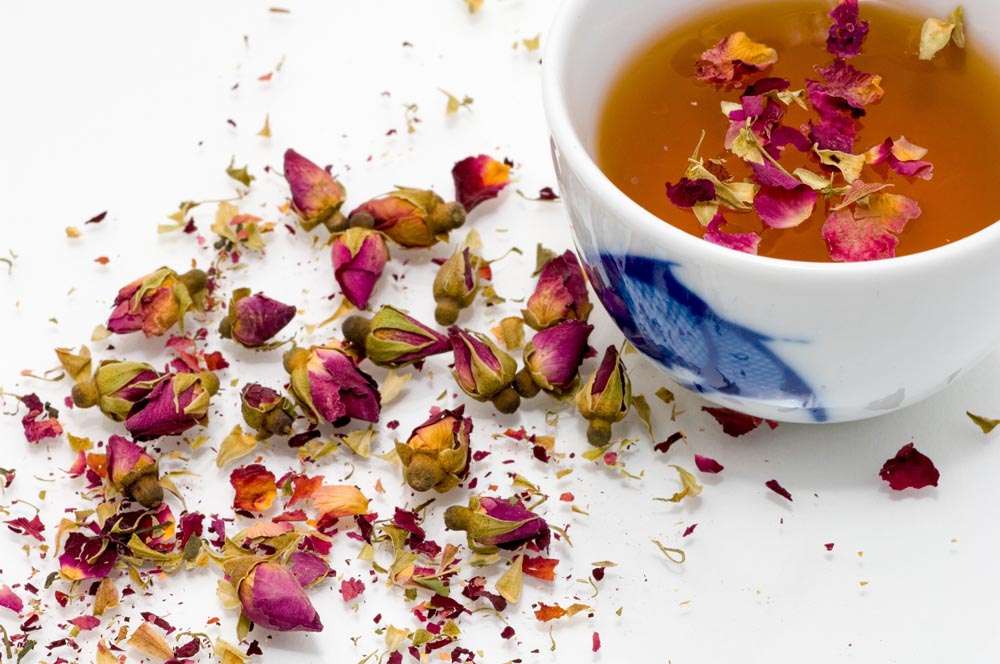To enhance the effectiveness of tisanes for respiratory issues, specific dietary recommendations can support overall lung health and improve the therapeutic benefits of herbal infusions. Here are some key dietary strategies:
1. Hydration
- Importance: Staying well-hydrated is crucial for maintaining optimal lung function. Adequate fluid intake helps thin mucus, making it easier to expel and reducing congestion.
- Recommendation: In addition to tisanes, drink plenty of water throughout the day. Herbal teas can contribute to hydration but should not replace water entirely.
2. Fruits and Vegetables
- Nutritional Benefits: A diet rich in fruits and vegetables provides essential vitamins, minerals, and antioxidants that support respiratory health. Antioxidants help combat oxidative stress in the lungs, which is particularly important for individuals with respiratory conditions.
- Recommendation: Aim for at least two servings of fruits and five servings of vegetables daily. Foods high in vitamin C (like citrus fruits) and beta-carotene (like carrots and sweet potatoes) are particularly beneficial.
3. Omega-3 Fatty Acids
- Health Benefits: Omega-3 fatty acids have anti-inflammatory properties that can help reduce airway inflammation, making them beneficial for individuals with asthma or chronic obstructive pulmonary disease (COPD).
- Sources: Include fatty fish (such as salmon, mackerel, and sardines), flaxseeds, chia seeds, and walnuts in your diet.
4. Protein-Rich Foods
- Role in Recovery: Adequate protein intake is essential for maintaining muscle mass and supporting recovery from respiratory illnesses.
- Recommendation: Incorporate lean meats, fish, eggs, dairy products, legumes, nuts, and tofu into your meals.
5. Avoiding Damp-Producing Foods
- Traditional Chinese Medicine Perspective: In TCM, certain foods are believed to create “dampness” in the body, which can exacerbate respiratory issues by contributing to phlegm production.
- Foods to Limit: Reduce intake of dairy products, fried foods, refined sugars, and processed foods that may promote dampness.
6. Incorporating Anti-inflammatory Foods
- Benefits: Foods with anti-inflammatory properties can help alleviate symptoms of respiratory conditions.
- Examples: Include ginger and turmeric in your diet; both have potent anti-inflammatory effects and can be easily added to meals or consumed as tisanes.
7. Herbs and Spices
- Enhancing Tisanes: Certain herbs and spices can enhance the effectiveness of tisanes for respiratory health.
- Examples:
- Ginger: Known for its warming properties and ability to reduce inflammation.
- Garlic: Believed to boost the immune system and has antimicrobial properties.
- Thyme: Traditionally used to clear mucus from the lungs.
8. Balanced Diet
- Overall Nutrition: A well-balanced diet that includes a variety of food groups supports overall health and enhances the body’s ability to fight infections.
- Recommendation: Follow a balanced dietary pattern that includes whole grains, healthy fats (such as olive oil), lean proteins, fruits, and vegetables.
Conclusion
By following these dietary recommendations alongside the use of herbal tisanes for respiratory issues, individuals can enhance the effectiveness of their herbal remedies while promoting overall lung health. It is essential to consult healthcare professionals or registered dietitians for personalized advice tailored to specific health conditions or dietary needs.
Citations:
[1] https://lungfoundation.com.au/blog/diet-and-nutrition-for-chronic-lung-conditions/
[2] https://pmc.ncbi.nlm.nih.gov/articles/PMC4377870/
[3] https://www.herbalreality.com/condition/respiratory-health-traditional-chinese-medicine-perspective/
[4] https://www.healthshots.com/healthy-eating/nutrition/healthy-teas-for-lungs/
[5] https://www.sitcm.edu.au/blog/13-everyday-ingredients-used-in-traditional-chinese-medicine/
[6] https://www.huatuoclinic.com/respiratory-health/
[7] https://teakruthi.com/blogs/tea-break/tisane-tea
[8] https://www.health.harvard.edu/nutrition/the-health-benefits-of-3-herbal-teas





